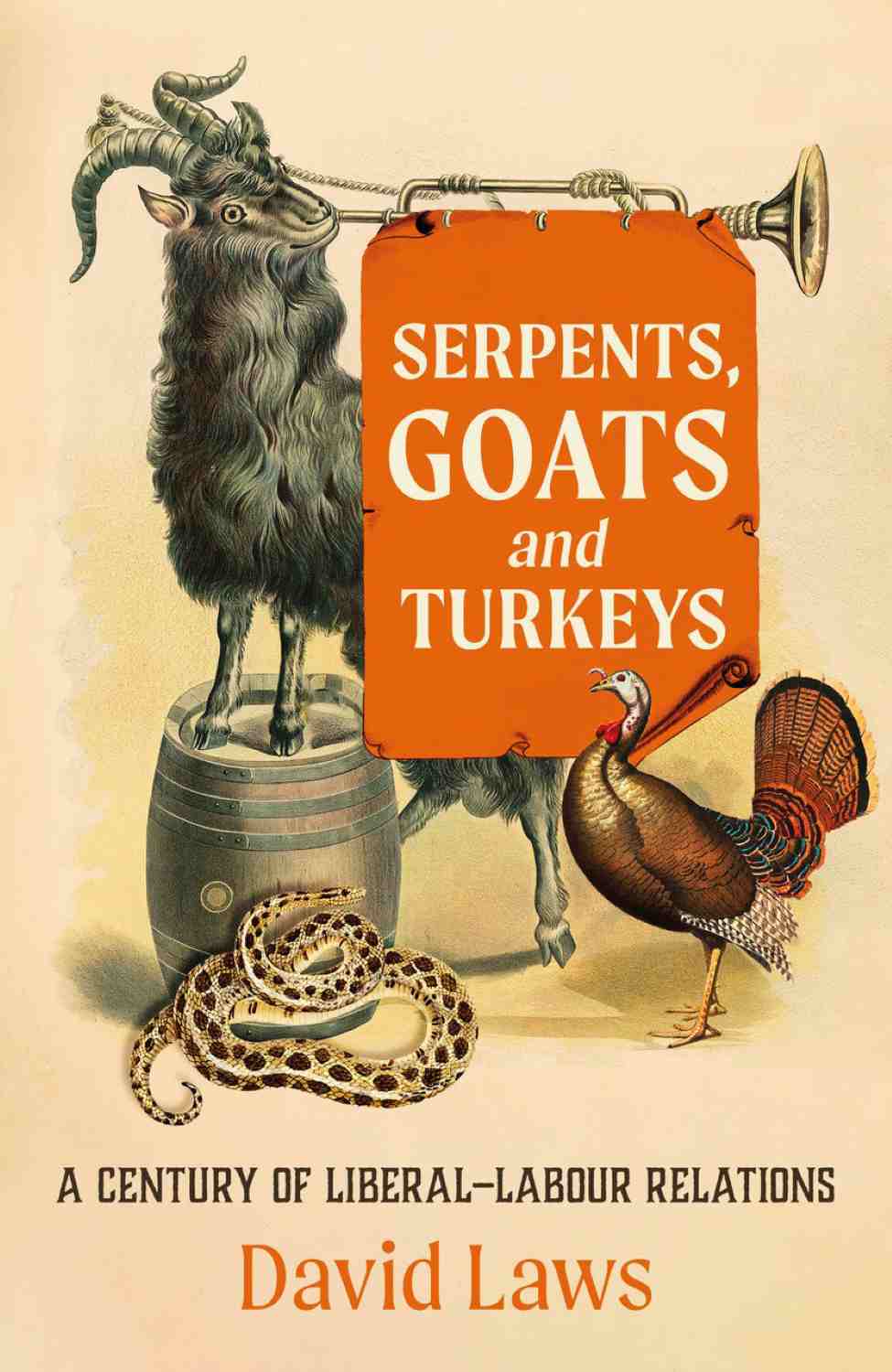Lord Newby reviews 'Serpents, Goats and Turkeys: A Century of Liberal-Labour Relations'
Downing Street, September 1997: Tony Blair and Paddy Ashdown at a joint Cabinet committee meeting | Image by: PA Images / Alamy Stock Photo
3 min read
Charting the twists and turns of over a century of Liberal-Lib Dem and Labour party relations, Coalition-era minister David Laws has produced an eminently readable book
In this eminently readable book, David Laws seeks to answer the question “Are Labour and the Liberal Democrats natural partners in a progressive alliance or natural competitors?”
He does so by analysing the long sweep of relations between the parties from 1903 to 2019. The story begins with the ‘Hospital Pact’ between Ramsay MacDonald (secretary of the Labour Representation Committee) and Herbert Gladstone (Liberal chief whip) in which the Liberals ceded seats to Labour in the 1906 election “as an act of friendship without stipulation of any kind”. The result was the election of 29 Labour MPs, all but five with Liberal co-operation.
So began the rise of the Labour Party and, little though its leaders foresaw it, the decline of the Liberal Party.
Taking the 116 years covered by the book, the Liberals/Lib Dems were in government with other parties for 20 years – 19 with the Tories and nine with Labour (during wartime it was with both simultaneously). I suspect most people would find this balance surprising.
The book charts all these twists and turns and is particularly good at describing the two relatively recent occasions when Labour and the Liberals/Lib Dems worked closely together: the 1977 Lib Lab Pact and the early years of Tony Blair’s Labour leadership and government. For the latter period, Laws had access to some previously unpublished entries from Paddy Ashdown’s diaries.
Laws had access to some previously unpublished entries from Ashdown’s diaries
In both these periods, much time and effort were expended in trying to reach agreement on a form of proportional representation (Liberal policy for over a century now). Labour, however, was never fully committed to the concept, fearing that it would constrain their powers in government. Unsurprisingly, the discussions eventually foundered.
Trying to draw some conclusions from a very complicated and often tortured relationship, Laws identifies five measures which he describes as enablers of Lib-Lab cross-party co-operation. They are the degree of policy alignment; their political strategies and willingness to co-operate; the size of the government party when in power; the size of the smaller party (and therefore its clout); and the willingness of the larger party to contemplate electoral reform.
The importance of this last point is, of course, that all examples show that a smaller party’s proximity to a larger party in government is likely to be damaging to the smaller party in the subsequent election – 2015 is an extreme exemplar of the principle.
 Laws comes to the conclusion that there have only been two periods when the parties have been closely aligned – 1903-14 and 1992-99. The first of these is now lost in the mists of history.
Laws comes to the conclusion that there have only been two periods when the parties have been closely aligned – 1903-14 and 1992-99. The first of these is now lost in the mists of history.
So, what are the prospects of Lib-Lab co-operation in the future?
Laws argues that, on policy grounds, the differences between Labour and the Lib Dems are currently relatively small. However, he concludes: “The door of partnership between Labour and the Lib Dems is currently sealed shut by an electoral system that tends to embed division and political partisanship rather than co-operation.”
It would be difficult to argue with that.
Lord Newby is Leader of the Liberal Democrat peers
Serpents, Goats and Turkeys: A Century of Liberal–Labour Relations
By: David Laws
Publisher: Biteback
